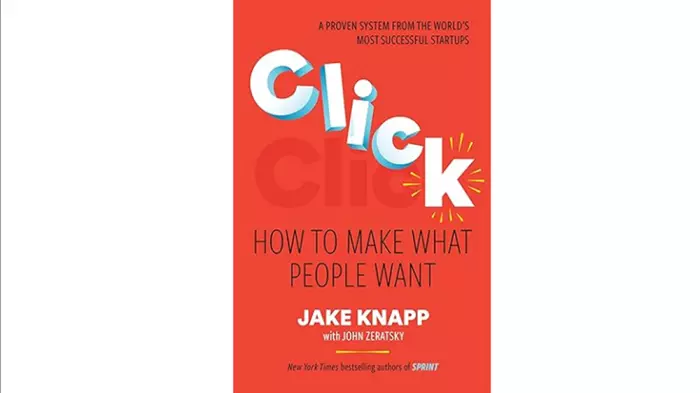Spark’s $15 million Innovation Fund for its business and government customers.
Artificial intelligence, 5G mobile, the Internet of Things and other advanced digital technologies can deliver huge productivity gains – yet many New Zealand organisations are uncertain how to make the leap with the research and development needed to make them pay off.
Spark’s General Manager of Converged Technology, Sarah Walker, says Spark aims to help reduce that uncertainty. It has created a $15 million Innovation Fund for its business and government customers who want to explore advanced technology.
The money is to help speed up their innovation projects and accelerate technology adoption. Spark’s Innovation Fund is for a three-year period and, while $12 million has already been earmarked, $3 million remains available.
Walker says: “There is definitely an appetite among Spark’s business and government customers for research and development. We hear that from them all the time. Yet there is hesitancy in committing the resources needed to invest in these exercises.
“It’s often difficult to get the board or the leadership team to siphon off, say, 10 per cent of operating costs for innovation. Getting money for research is a hard conversation to have in many organisations – which is why Spark was willing to put some of its money forward. It takes some of the risk out of the equation for our customers.”
This kind of help is needed. New Zealand spends less on R&D than the OECD average and business spending on R&D is particularly low by international standards. That, says Walker, means we are failing to leverage advanced technology.
In February, Spark and the New Zealand Institute of Economic Research (NZIER) launched Accelerating Aotearoa – a study looking at how speeding up the adoption of advanced technologies can address many of the productivity challenges organisations face.
The potential benefits are huge. Spark found a 20 per cent increase in the adoption of digital technology could be worth $26 billion to the economy over the next decade, adding more than two per cent to GDP.
Christina Leung, Deputy Chief Executive (Auckland) & Principal Economist at NZIER, says Spark’s initiative addresses one of the three key drivers of productivity growth. One is the willingness of firms to take on new ideas and technologies as they emerge. The second is exposure to international competition – firms need to lift their productivity game if their rivals are ahead of them, but they also become exposed to ideas.
Spark’s Innovation Fund also addresses the third driver: policy and regulatory obstacles to investment. This is about tax breaks and access to funding.
Leung says firms first need to see the potential before they consider investing. Then they need to see how technology will integrate with their operations and how it could make them more profitable. At this point they are motivated, but she says it is important that the process looks easy from their point of view.
This is where initiatives like the Innovation Fund come in; it is also where governments can play a role. “They need minimal barriers to invest in innovation and technology,” she says, adding that this is typically where New Zealand is out of step.
Innovation has long been central to Spark’s brand. Walker says Spark is not only one of New Zealand’s largest companies but also has a technology focus and that many other businesses buy digital products and services from Spark.
“We need to lead the way and demonstrate power of innovation and of R&D to other New Zealand businesses.”
Another side of this is that Spark has relationships with other technology companies that can accelerate customer products. An example is where Spark worked with a partner on a computer vision-based health and safety application.
“We know where we play well and where we need to bring in a partner. That way we can build an end-to-end solution for our customer. We have expertise in connectivity. We know Wi-Fi, fibre and 5G. That now includes 5G private networks.”
Spark specifically wants to develop products and services in partnership with its customers in three main areas: productivity, sustainability and health and safety. It is looking for projects using advanced technologies such as AI, computer vision, IoT and extended reality. The fund is for new initiatives and can’t be used for existing products or services a company has with Spark.
Walker says there are many great ideas out there that can be developed into solutions that can be scaled and rolled out across the country or even packaged and sold overseas.
An example is a project Spark is delivering for NZ Fisheries and the Ministry of Primary Industries. It is a converged technology solution that drives more sustainable commercial fishing operations.
“It is the first of its kind in New Zealand at this scale. We’re looking for ideas like this – something that doesn’t currently exist but has wider application.”
Spark’s approach to fostering innovation across industry boils down to what Walker calls a “show, don’t tell” approach – creating a broad portfolio of user-based case studies so that customers can see where there is potential to apply an idea used elsewhere to their own business.
She tells the story of a recent solution in a logistics business using the private 5G mobile network that is both highly secure and offers extremely low latency (the time it takes for a message to move from one place to another and back again).
“We are trialling a solution that counts containers as they come in and go out of a warehouse. Currently the customer uses a manual process. With our digital solution, we are counting containers in real time so the customer knows exactly how many there are at any given moment.
“It gives the customer a greater understanding of their warehouse footprint and it also allows them to know where everything is. Because it replaces a manual task, it helps health and safety because no-one needs to be out in the warehouse unnecessarily.
To submit an application to the Spark Innovation Fund or learn more, visit spark.co.nz/innovation-fund






